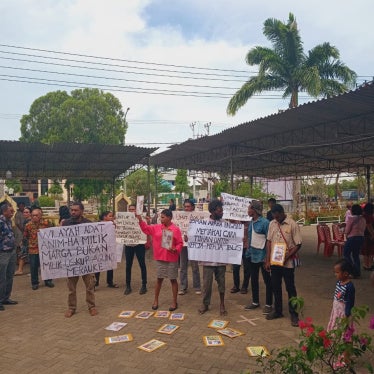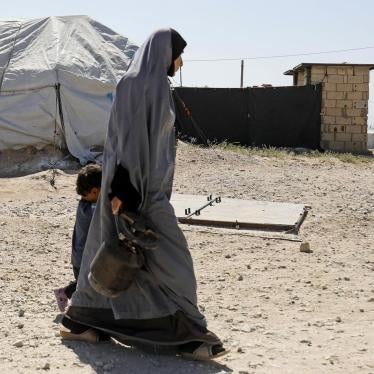Many people are breathing a sigh of relief to see international combat troops leaving Afghanistan. All foreign combat forces are slated to withdraw by the end-2014 deadline, and many have already gone. Deaths among foreign troops have fallen reassuringly.
For Afghans, however, the war goes on. Many civilians are being injured and killed. More than 400 Afghan soldiers and police are dying each month. People are fleeing their homes – almost 60,000 of them in the first six months of 2013 – and many are trying desperately to get their families to safety outside the country. For them, there is no end in sight.
And in many respects, the war is escalating. A United Nations report released today shows a 23 percent increase in civilian casualties so far this year compared with the same period in 2012. Among the civilians hardest hit? Women and children. Civilian casualties of women caused by Improvised Explosive Devices (IEDs) are up by a mind-boggling 138 percent over 2012, and overall civilian casualties of women are up by 61 percent, while injuries and deaths of children are up by 30 percent over 2012.
The Taliban and other insurgents are responsible for the majority of these deaths and injuries, according to the UN. While the Taliban has a code of conduct which says that civilians should be protected, the reality is that the Taliban does little to protect civilians. It even insists, including in a statement today, that many civilians working for the government are legitimate targets, in clear violation of international law.
Having said that, there is plenty of blame to go around. One new and disturbing finding in the UN report? The concern that deaths and injuries among civilians are being caused by explosive remnants of war left behind by NATO forces as they rush to pack up and leave.
As foreign troops leave, the foreign media presence in Afghanistan is also winding down. The years ahead could be brutal and bloody for Afghans. Will anyone still be paying attention?








